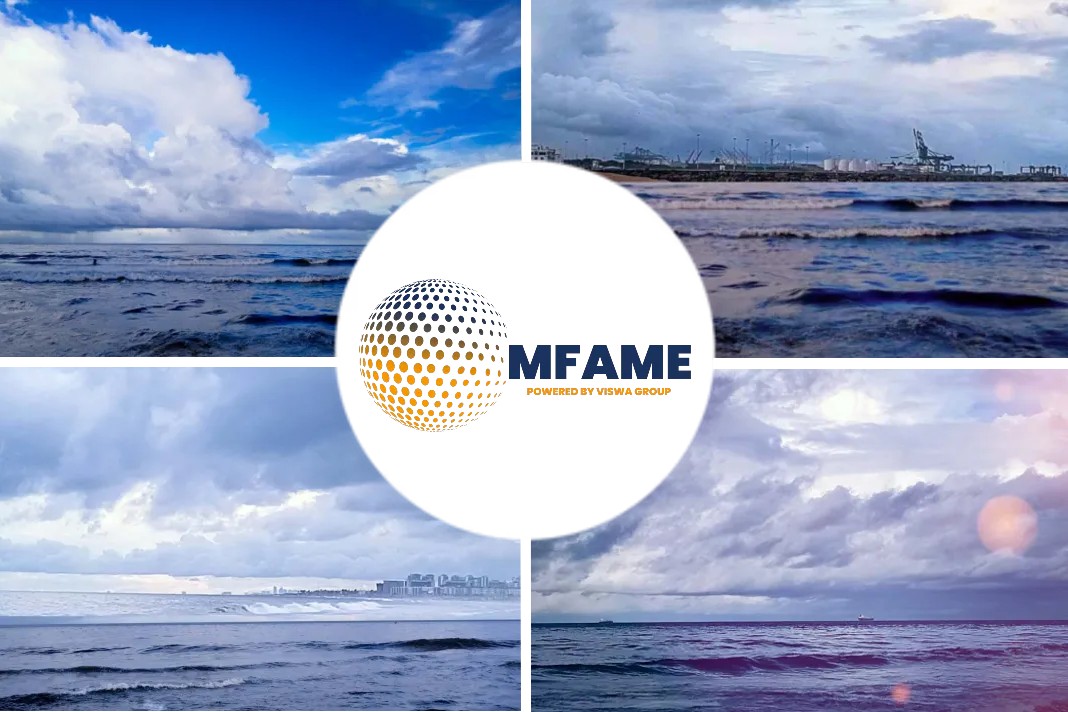
Climate change and ocean safety are at the forefront of two new ocean technology projects led by companies based in Newfoundland and Labrador. Canada’s Ocean Supercluster, a marine industry organization led by the federal government, announced $11.3 million in total funding for the projects on Friday, reports CBC.
About the projects
“These two projects fit with what we fund,” said Kendra MacDonald, CEO of Canada’s Ocean Supercluster, while speaking with reporters. “They’re collaborative, they’ve got global reach, they’ve got lots of growth opportunity, and they tackle a very significant challenge in the ocean economy.”
According to MacDonald, both projects are currently set to last around two years.
Compusult, a Mount Pearl-based technology company, is leading a coastal mapping project which will use uncrewed, autonomous vehicles to monitor and map coastlines. The vehicles will collect data for a variety of purposes, including coastal defence, life sciences, aquaculture, emergency planning and climate change monitoring.
Paul Mitten, co-founder and vice-president of Compusult, said the systems will monitor coastal erosion from extreme weather events such as post-tropical storm Fiona.
“There are more people on the planet, more things happening with climate change, coastal erosion, impact of severe storms like we saw in Port aux Basques,” he said.
The autonomous vehicles, which are being developed by several technology and robotics companies, will be able to safely gather data from remote coastal areas for long periods of time, said Mitten.
“Instead of people, you actually have these systems near the coastlines, monitoring and capturing information about things that can affect our coastlines and our economy and our wellbeing from a number of perspectives,” he said.
Mitten said the vehicles could help free up human resources in other areas, like marine search and rescue.
The Supercluster is injecting $1.8 million into the project, while another $4.5 million will come from industry partners and the government of Nova Scotia, which is contributing $30,000.
Mitigating marine fatigue
The other project, led by educational technology company Training Work, aims to mitigate the impact of marine fatigue.
According to the Transportation Safety Board of Canada, fatigue has contributed to “many” marine accidents around the world. Tamara Vatcher, the CEO of Training Works, said one of the goals of the training is to help prevent incidents related to fatigue.
“Fatigue is something that we all suffer from globally, seafarers, their organizations, but the communities as well,” she said.
According to a news release, the technology will help workers recognize, understand and anticipate fatigue. Offshore workers will be able to access the tool while on the job through an app on their phone, said Vatcher. Companies will also be able to use the tool alongside existing training.
“We will evolve our technology to fit the environment. This isn’t something that’s being built and jammed in, we need to understand and learn from the environment, and we will adapt our tech to basically fit that,” she said.
The Supercluster will provide $1.9 million in funding for the project, while Government of Newfoundland and Labrador will provide $335,000. Another $2,765,000 will come from other industry partners.
According to the Supercluster, Canada’s marine economy generated $39 billion in GDP in 2019 — about half the global average contribution. MacDonald said the group is pushing to grow Canada’s ocean economy to $220 billion by 2035.
“I think to reach that ambition, we really have to fundamentally change how we work together,” she said.
Did you subscribe to our daily Newsletter?
It’s Free! Click here to Subscribe
Source: CBC
















